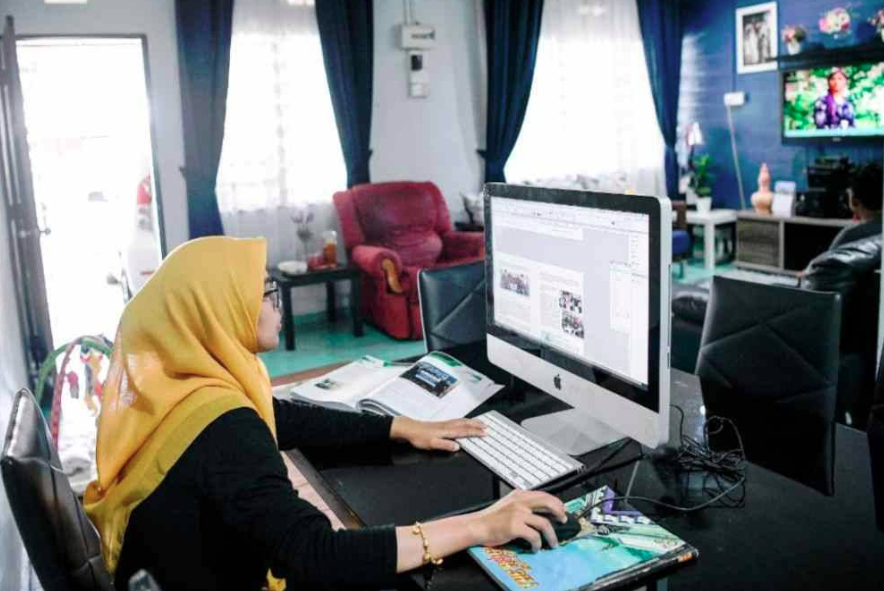Malaysians more likely to see remote work as a career hurdle - Study
While flexibility remains a top preference, Malaysians are among the most likely to believe that remote work may negatively impact their career progression at 33 per cent compared with 25 per cent globally.

KUALA LUMPUR - A survey has found that 84 per cent of Malaysians are satisfied with the hybrid work setup compared with the global rate of 87 per cent.
According to the "From Restrictions to a Resilience” survey report by Unispace Group, this is slightly behind Hong Kong at 87 per cent but ahead of Singapore at 78 per cent.
In a statement, Unispace reported that 94 per cent of Malaysian employers are satisfied, aligning with the global average (95 per cent).
"This demonstrates an ongoing gap between employer and employee expectations, unlike in the United States and India.
"These findings reflect the importance of the Malaysian government’s move to encourage employees to formally request flexible work arrangements from their employers,” it said.
Unispace’s principal for strategy in Asia, Jianhan Qiu, highlighted that flexible scheduling is the top priority for Malaysian employees in workplaces over the next five years.
"While this intends to drive inclusivity and help companies better attract and retain talent, it is just one move. The baton gets handed over to the employers now to evolve their physical workspaces with the times, so they are spaces people want to be in,” he said.
While flexibility remains a top preference, Malaysians are among the most likely to believe that remote work may negatively impact their career progression at 33 per cent compared with 25 per cent globally.
The survey also found that 94 per cent of Malaysian employees expressed interest in trialling a four-day workweek.
The results also showed that employees value "building social connections” and "face-to-face collaboration” as key office benefits, but they also expect the opportunity for focused work to "feel more productive”, an area where current office setups fall short.
Qiu added that as employees spend more time at work, they expect quiet spaces or environments that support concentration. - BERNAMA










